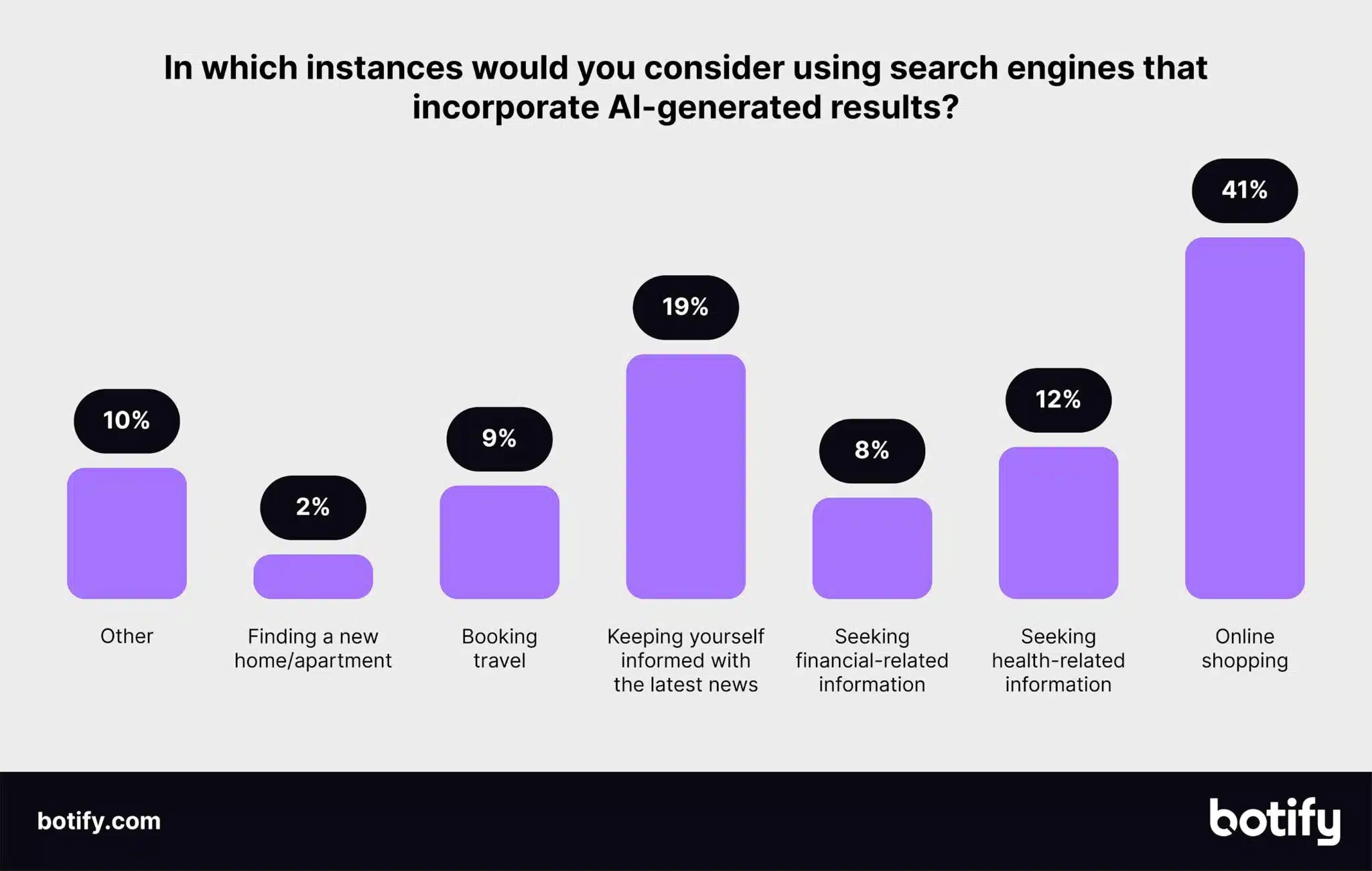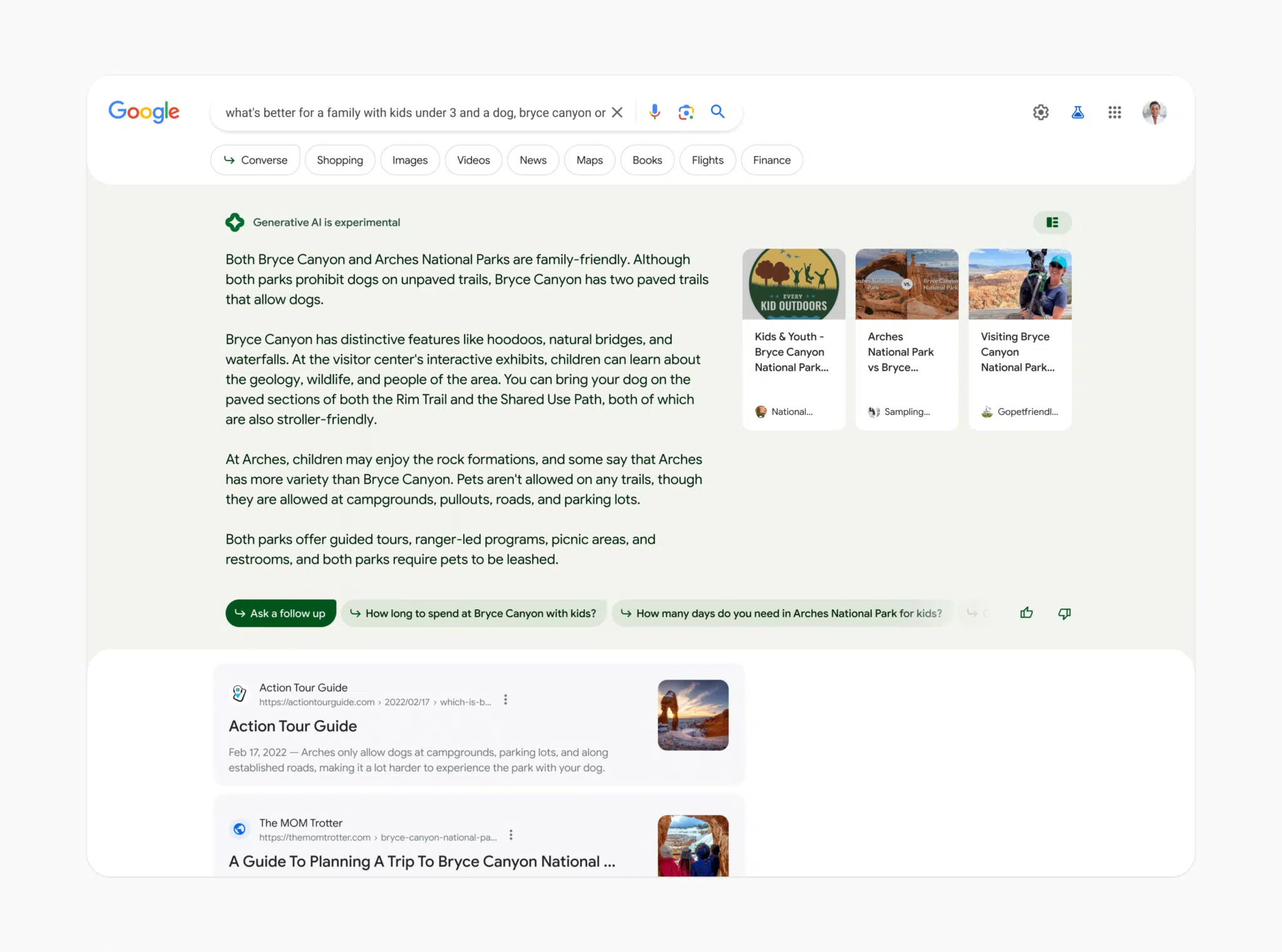The future of search is moving decisively from traditional link-based rankings toward AI-generated answers that provide users with synthesized, comprehensive responses directly within the search interface. This shift transforms search engines from directories of ranked links into "answer engines" that reduce the need for users to click through multiple websites.
Key aspects of this transformation include:
-
AI Overviews and AI Mode: Google and other search engines now generate AI-powered summaries that directly answer queries at the top of search results, often without showing the usual list of 10 blue links. Google's AI Mode, launched in 2025, offers deeper reasoning and multimodal responses, further reducing reliance on traditional links.
-
Impact on SEO: Traditional SEO strategies focused on ranking highly in search engine results pages (SERPs) are becoming less effective alone. Instead, businesses must optimize to appear as trusted sources within AI-generated answers, which may not correlate with top link rankings. This requires new approaches to content creation and authority building to be included in AI responses.
-
Changing User Behavior: Users, especially younger generations like Gen Z, increasingly prefer AI-powered chatbots and community-driven platforms (e.g., Reddit Answers) for direct answers rather than navigating multiple websites. This trend challenges Google's dominance and introduces new ecosystems for search.
-
Broader Ecosystem and Technologies: Besides Google, other AI large language models (LLMs) such as ChatGPT, Gemini, and Claude are reshaping how people search and consume information. These tools synthesize information from multiple sources to provide concise, context-aware answers tailored to user intent and location.
-
Business Opportunities: Companies that adapt to this new paradigm by becoming authoritative sources for AI-generated content can gain lasting visibility. The shift also opens opportunities for new types of search experiences, including multimodal answers and personalized recommendations.
In summary, the future of search is characterized by AI-driven, answer-first experiences that prioritize synthesized, context-aware responses over traditional ranked link lists, fundamentally changing how users find information and how businesses approach search visibility.




